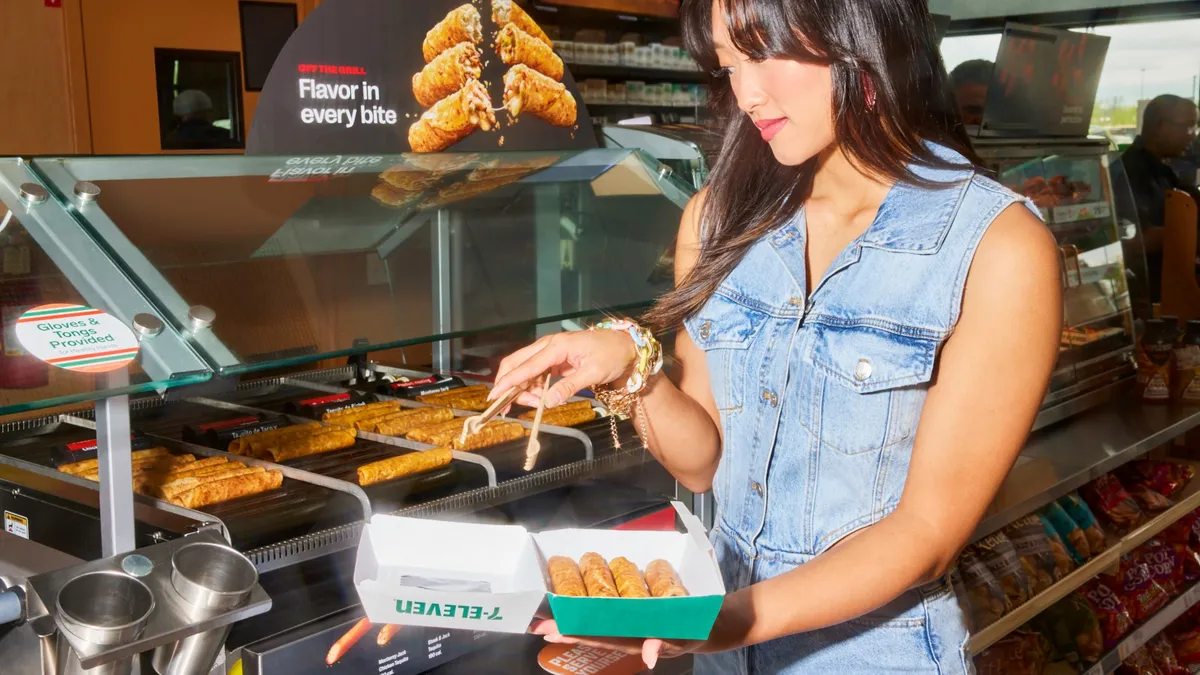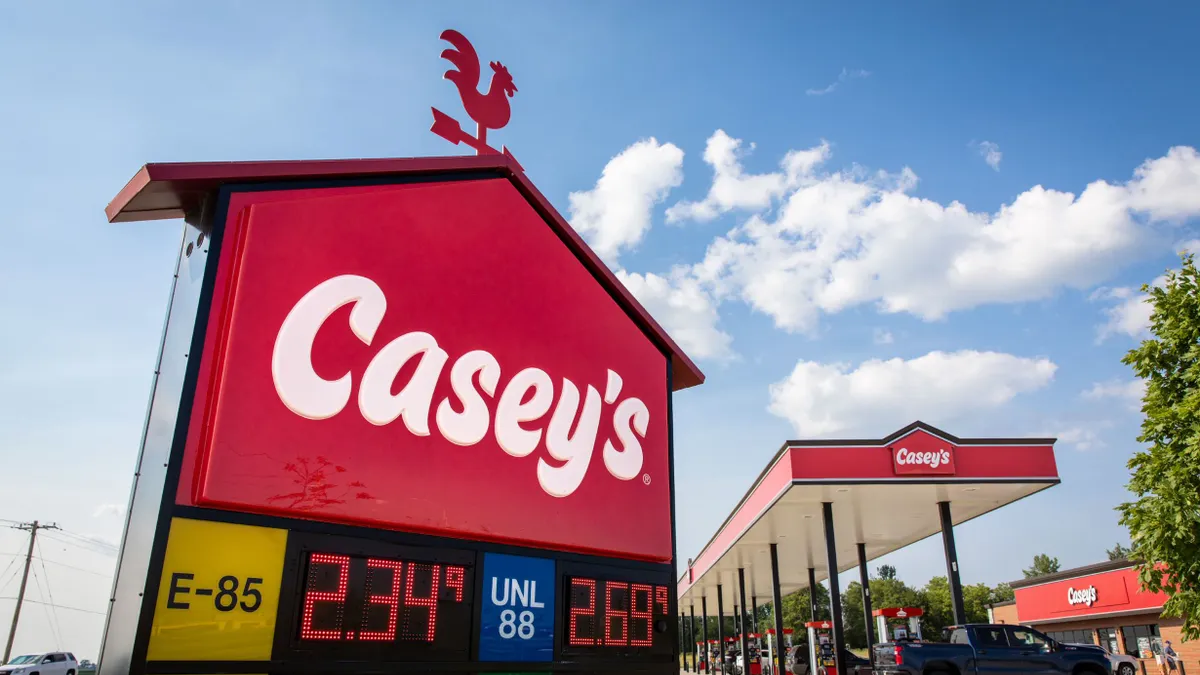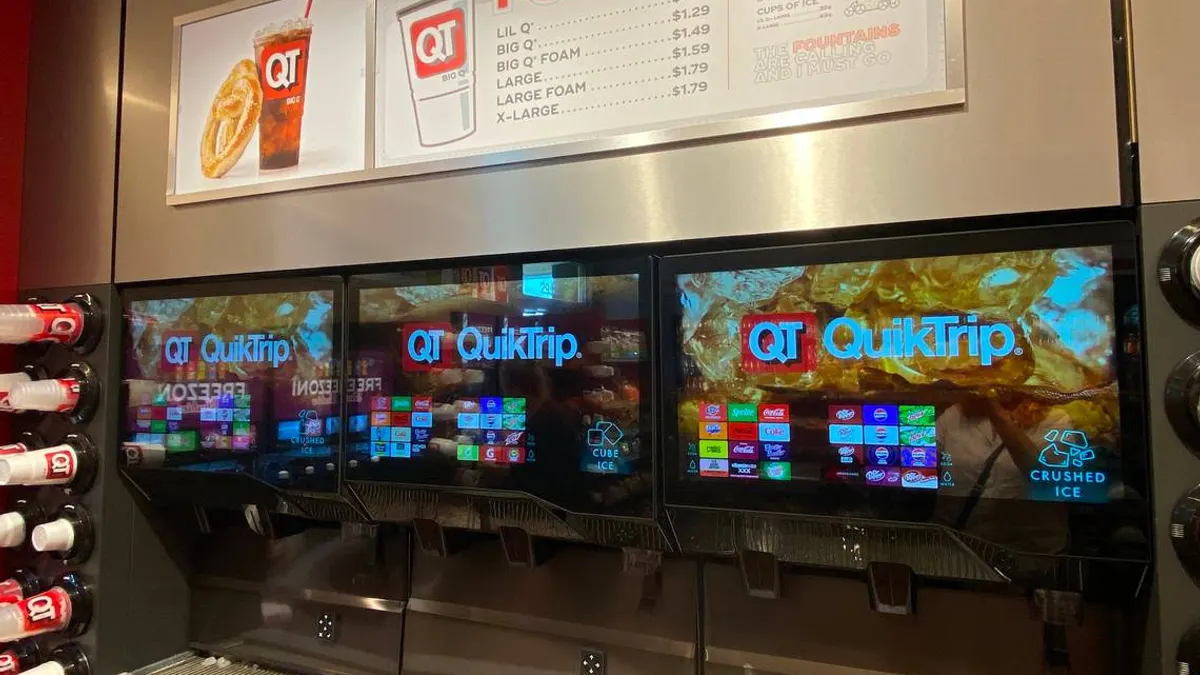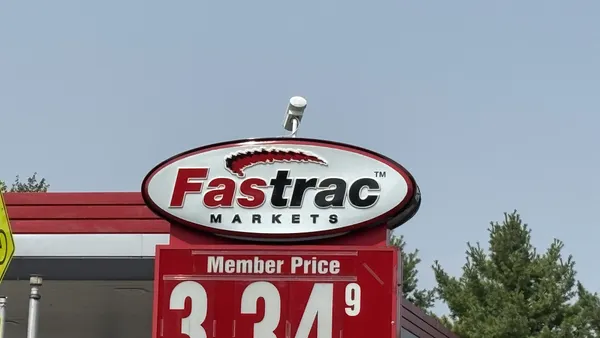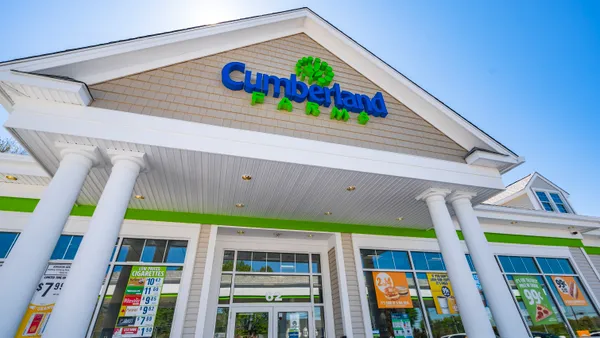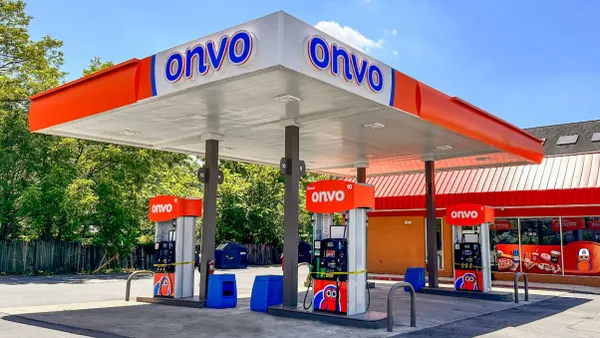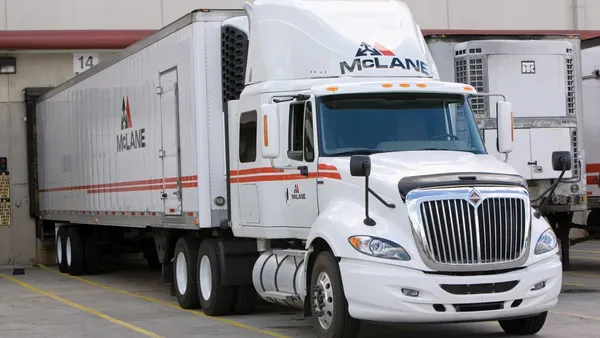3 Big Numbers is a weekly column that looks at a few key details from around the c-store industry.
Seven & i Holdings, parent company of 7-Eleven, released its fiscal Q4 and full-year earnings on Wednesday, and there was a lot to talk about. CEO Ryuichi Isaka likely presided over his last earnings report at the helm, operating income took a big hit and analyst questions focused on the retailer’s upcoming IPO of its North American operations, 7-Eleven Inc.
When we looked specifically at the North American data for this column, there were a few numbers that jumped out, from hundreds of millions in cost savings to the 104 million 7Rewards and Speedy Rewards members on the books. But since 7-Eleven is banking on its food programs to steady the ship, we decided to focus on its gains in that area.
In today’s “3 Big Numbers,” we look at how private label goods, hot food and proprietary QSRs are playing a role as 7-Eleven hopes its renewed food focus can boost sales.
1,130
The number of 7-Eleven stores expected to have QSRs by the end of fiscal 2025.
While many customers might associate c-store QSRs with the likes of Arby’s or Subway, 7-Eleven has spent years developing its own restaurants, including Raise the Roost Chicken & Biscuits and Laredo Taco Company. 7-Eleven already has QSRs in 1,080 stores, but it plans to reach a total of 1,130 in fiscal 2025, according to the earnings presentation.
The benefits are clear. On average, 7-Elevens with QSRs see around 400 extra customers per day, which helps those stores earn more than $2,000 more in daily sales than stores without a restaurant, according to the presentation. Margins are slightly higher for stores with QSRs as well.
Seven & i also is looking to streamline SKUs and use meal deals and special offers to boost its food sales, according to the earnings presentation.
$135
The average same-store sales increase per day for stores with a modernized food and beverage program.
7-Eleven has been working on its food and beverage modernization program for years. This food refresh includes enhanced grab-and-go areas, bakery items and an updated coffee program, according to the earnings presentation.
And according to that presentation, stores that have the full modernization are earning $135 more per day, on average, than they did before the updates.
About 563 7-Eleven stores have the full food program, while 1,583 sites have portions of it. Another 423 stores are expected to get a total or partial modernization in the Q1 2025. As the program spreads, this should boost sales and the bottom line.
51.3%
7-Eleven’s profit margin on private label goods.
One of the great things about private label items is that, when done well, they keep customers happy while putting more money in the company’s coffers.
7-Eleven, for example, noted in its Q4 earnings report that the profit margin on its private label items was 51.3%. National brands, meanwhile, had a 33% profit margin. That’s a more than 18 percentage point difference.
The retailer plans to press its advantage in fiscal 2025. After adding 215 new private label items in 2024, it’s hoping to debut roughly the same amount this year, including launching eight new categories.



